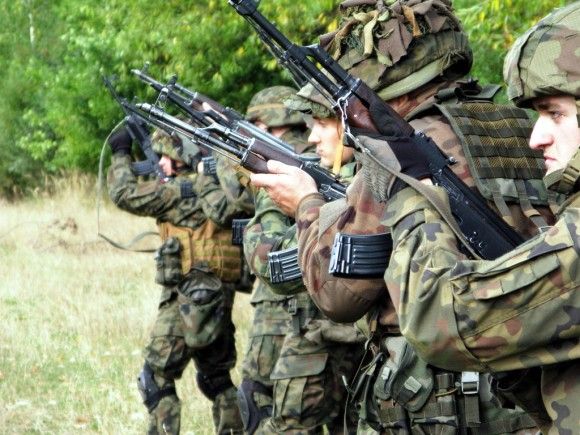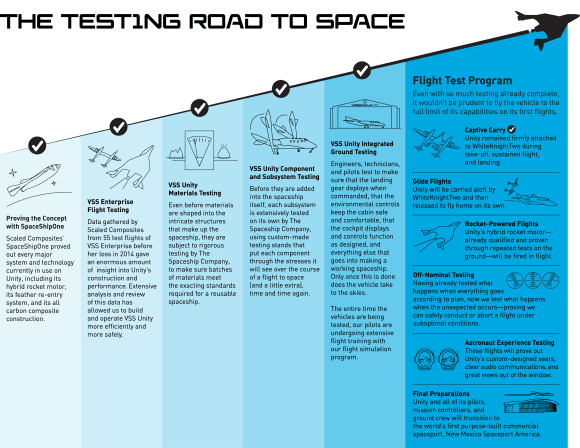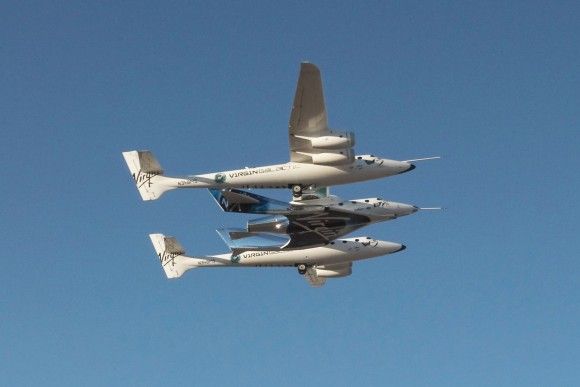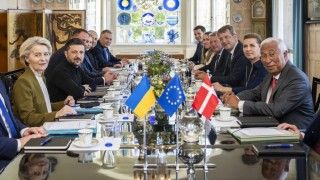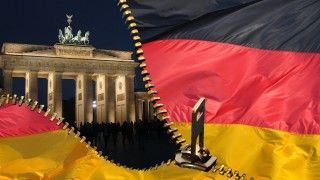- WIADOMOŚCI
Polish Army Eyes Acquisition of Heavy Armoured Recovery Vehicles
The Armament Inspectorate of the Polish Ministry of Defence announced that analytical-conceptual phase has begun, when it comes to procurement of the heavy ARV technical-support/engineering platforms. The aforesaid vehicles are to remain capable of supporting platforms the weight of which would be as high as 60 tonnes, including the modernized Leopard 2 main battle tanks.
According to the announcement made by the Armament Inspectorate, the equipment planned to be acquired should make it possible to carry out the following scope of operational activities for the units designated to provide engineering support at the level compliant with the requirements of the contemporary battlefield:
-
Carrying out effective engineering reconnaissance and recovery for heavy tracked military vehicles, with their weight exceeding 60 tonnes;
-
Providing engineering support, within the scope of repairing the heavy tracked vehicles, execution of recovery activities.
The announcement made by the Armament Inspectorate stresses the fact that the ability to provide engineering support and recovery capability should be set at a level which would allow the vehicle to be operated in environments of varying combat intensity and battle profiles. The new vehicle shall also protect its crew from being shot at. The protection level should be high enough to stop rounds shot from onboard weaponry, small arms, anti-tank grenade launchers, as well as IEDs and “other rounds shot from armoured vehicles”.
The submissions of proposals for the market analysis procedure would be accepted until 25th August this year. Detailed requirements have not been disclosed.
Read more: Polish Ministry of Defence Changes The Armament Procurement Regulations [Analysis]
The announcement made by the Armament Inspectorate contains a peculiar fact, suggesting that the analytical-conceptual phase has been initiated on the basis of the new No. 141/MON decision made on 5th July, with regards to acquisition of military equipment and services for the Polish Armed Forces. Thus, it may be assumed that the work related to the procedure has been initiated just recently, and that the effort is in its infancy.
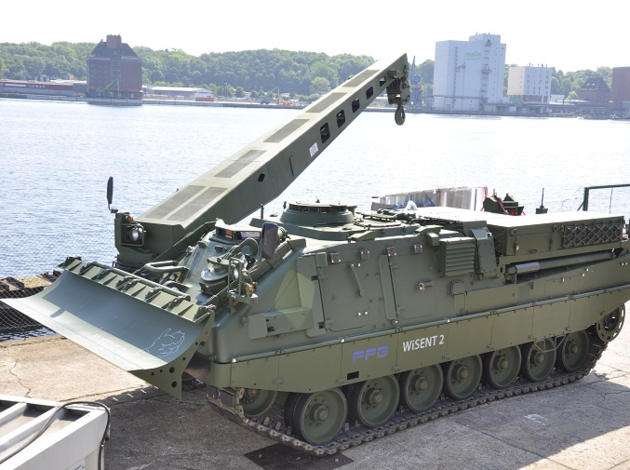
Earlier on, plans had been made to modernize the Bergepanzer 2 ARVs through enabling them to provide support for the heavier, upgraded Leopard 2A5/2PL main battle tanks. Currently, a decision was taken to begin analyses, in order to acquire the new ARVs which, as the disclosed requirements suggest, are also to be characterized by an ability to support the modernized Leopard 2 tanks. This stems from the requirement, according to which the new platform shall be capable of recovering vehicles, the weight of which exceeds 60 tonnes.
So far, no detailed information concerning the structure of the future engineering elements has been made available. One of the potentially possible options is to take a two-way route, by modernizing the existing ARVs (which was being planned anyway) and through acquiring new ones at the same time, with the latter platforms being destined to carry out the most difficult tasks.
The procedure may see procurement of Bergepanzer 3 vehicles based on the Leopard 2 platform, and manufactured by the Rheinmetall Defence company. Alternatively, multi-purpose Wisent 2 platform developed by FFG Flensburg may also be acquired. The list of the companies covered by the market analysis may be much more expansive though.
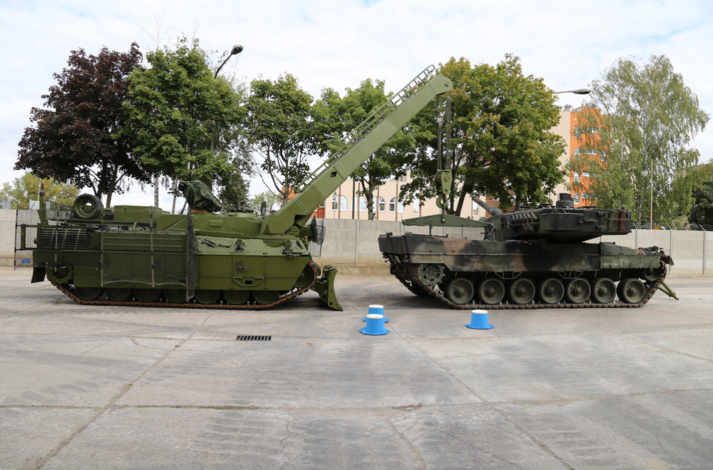
WZM S.A. [Wojskowe Zakłądy Motoryzacyjne - Military Automotive Works] company based in Poznan had prepared an offer including an in-depth modernization of the Bergepanzer 2 platform, with involvement seen on the part of FFG Flensburg. The latter vehicle is being currently operated by the Polish Armed Forces, with a purpose of providing support for the Leopard 2 main battle tank. Beyond that, the Polish Armed Forces also have vehicles delivered by the domestic industry remaining at their disposal: WZT-3/M based on the T-72M1 chassis, and older WZT-2 platforms, based on the T-55 MBT.
It is worth to note the fact that 30 WZT-3 platforms that were being acquired, in an ongoing manner, starting from 1989, are not sufficient to provide full support for the elements using the PT-91/T-72M1 main battle tanks. This is one of the reasons why the WZT-2 ARVs which are older, are still being used. BLG-67M2 bridge is yet another support platform based on the T-55 MBT and utilized by the Polish Armed Forces.













